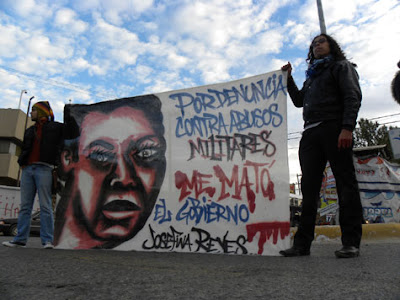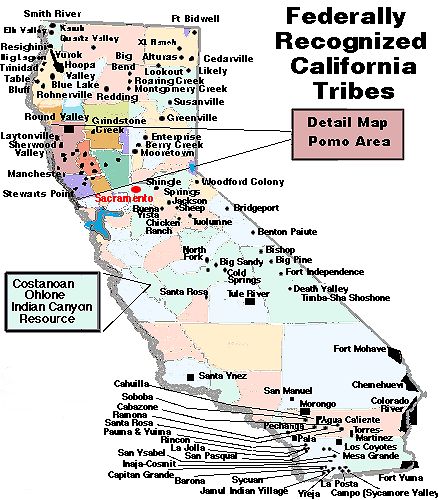By Erica Laster Impunity Watch Reporter, North America
CIUDAD JUAREZ, Mexico – Concern surrounds the safety of human rights activists after Josefina Reyes Salazar was shot dead earlier this year. On Friday, three more relatives of the slain activist were found dead near a gas station in Ciudad Juarez. This brings the total number of Salazar’s relatives found slain to 5. Salazar was a widely known activist and protester of human rights abuses by the Mexican military who have been deployed to fight crime.

Amnesty International has urged greater protection for activists since the murders. A participant in the “Forum on Militarization and Repression,” Salazar aided in examining reports of citizens who claimed human rights violations were committed by members of the Mexican military.
According to an eyewitness, in early January 2010, Salazar was seized outside of a shop in the town of Guadalupe by a group of armed gunmen. One of them reportedly stated “You think you are tough because you are with the organizations.” After Salazar fought back to avoid being abducted, she was shot in the head.
Authorities believe another female activist, Cipriana Jurado, is also at risk.
Since 2007, violence linked to drugs and organized crime has increased dramatically. President Calderon has dispatched over 50,000 units of federal police and military personnel to secure the safety of all citizens and contain the violence. Ciudad Juarez has remained among the most heavily infected areas.
This past February 15, the home Josefina Salazar’s mother was torched and burned down by unkkown assailants.
On Friday, Elijah and Malena Reyes Salazar, Louise Ornelas Soto were murdered. The victims had been missing a total of 18 days before their bodies were found at a gas station in Juarez. Two other relatives, including Salazar’s brother were also murdered following Salazar’s death.
Social activist Malu Garcia has also been the victim of violent attacks. Unknown assailants burned Garcia’s house while she attend a protest against abuses being committed by the Mexican military in Ciudad Juarez.
Amnesty International believes members of the Coordination of Civil Society Organizations, a local Ciudad Juarez group composed of activists and supporters of investigation into abuses, may also be targets of various gangs and attacks.
“The authorities must ensure that Cipriana Jurado, and other human rights defenders with the Coordination of Civil Society Organization in Ciudad Juárez, receive immediate and effective protection,” stated Kerrie Howard, Amnesty International’s deputy director of the Americas Programme.
For more information please visit:
Amnesty International – Mexico Urged to Protect Activists After Campaigner Shot Dead – 6 January 2010
CNN –3 More Relatives of Slain Activist Found Dead in Mexico – 25 February 2010
Washington Post – Suspect Arrested in Shootings Outside Mexico City – 17 February 2010



